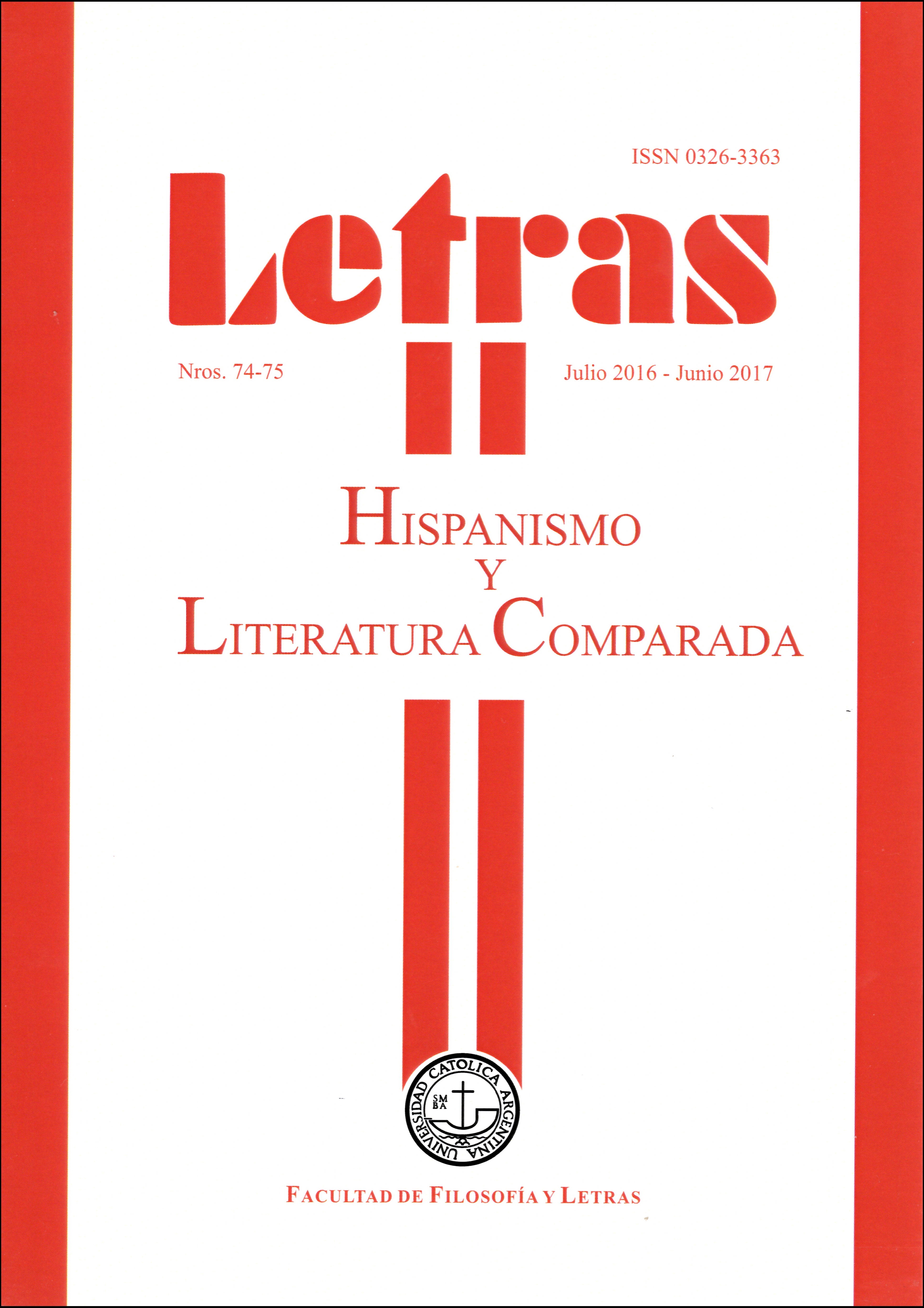The Medieval Epic in the American Neoclassicism: Notes for a Visual Drama
Keywords:
Epic, Neoclassicism, Poem, Description, Aguirre CarboAbstract
Although 18th century is synonym of Enlightenment, nevertheless in the Americas this equivalence is not quite accurate, for many of those artists used and acquired stylistic resources independently from contemporaneous ideas. The Ecuadorian poet Juan Bautista Aguirre y Carbo is an example of it, as he left Enlightenment and Rationalism behind and composed poetry in a very highlighted epic form. This poet was part of a selected group of men devoted to the art of writing, so they managed this art using symbols and influential messages in conjunction, in a colony where subordination to the Metropolis was a mandatory attitude. Yet, they imposed a paradigmatic cultural model to relocate the religious topics, symbols and icons in a colonial society that evidenced a distance from the original faith. The long poem "Rasgo épico a la concepción de Nuestra Señora" is inspired in the Apocalypse and rebuilds the scene in which Mary encounters the Dragon and Saint Michael within an epic battle for faith. The subject of this poem is an outstanding lyricism focused in the radiant and beautiful female icon of Mary, who struggles against a dark force, finally dissolved in an animal bestiality.Downloads
Download data is not yet available.
Downloads
Published
2019-04-16
How to Cite
Pezzuto, M. N. (2019). The Medieval Epic in the American Neoclassicism: Notes for a Visual Drama. Letras, (74-75), 123–134. Retrieved from https://erevistas.uca.edu.ar./index.php/LET/article/view/1700
Issue
Section
Articles
License












